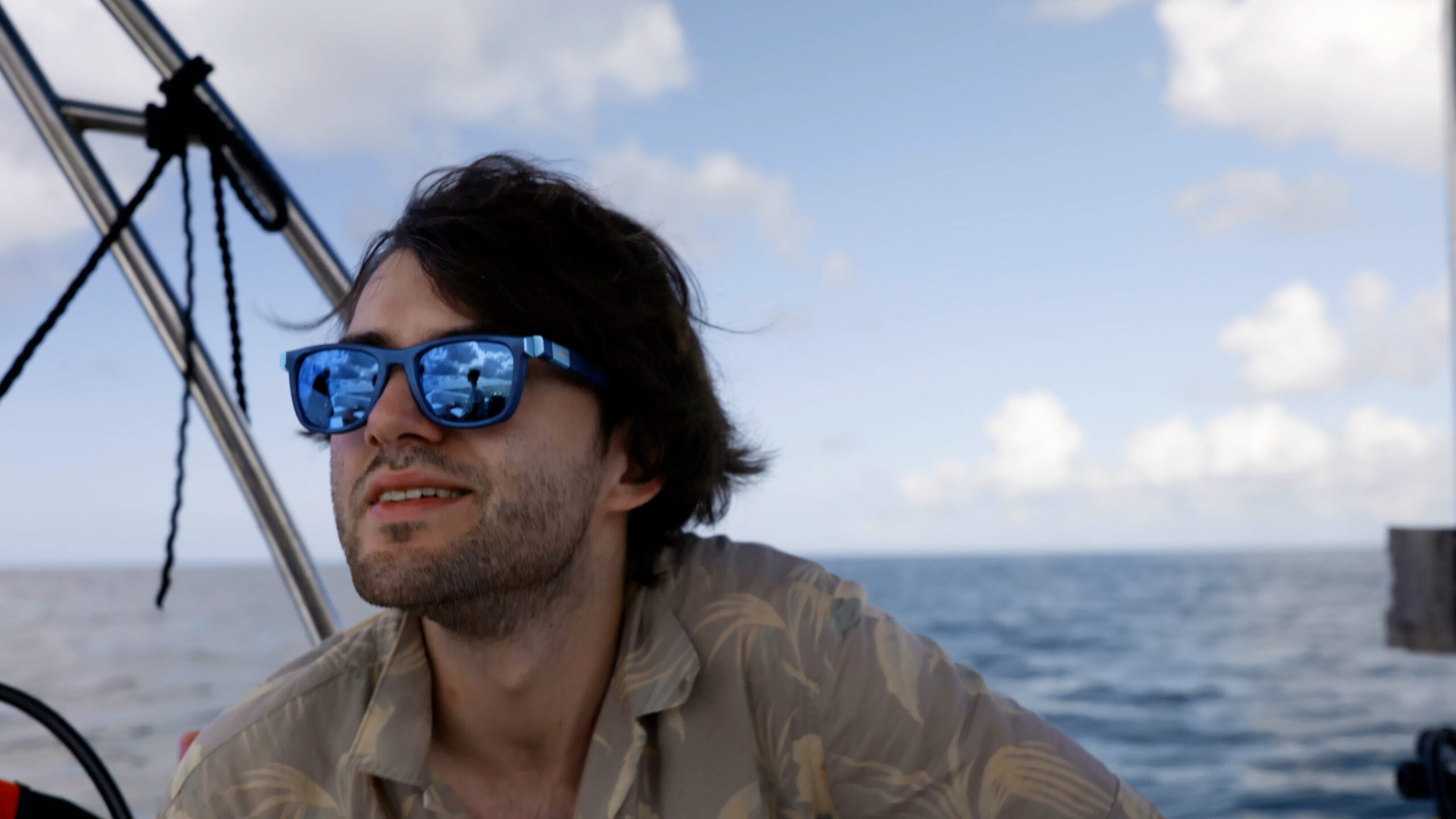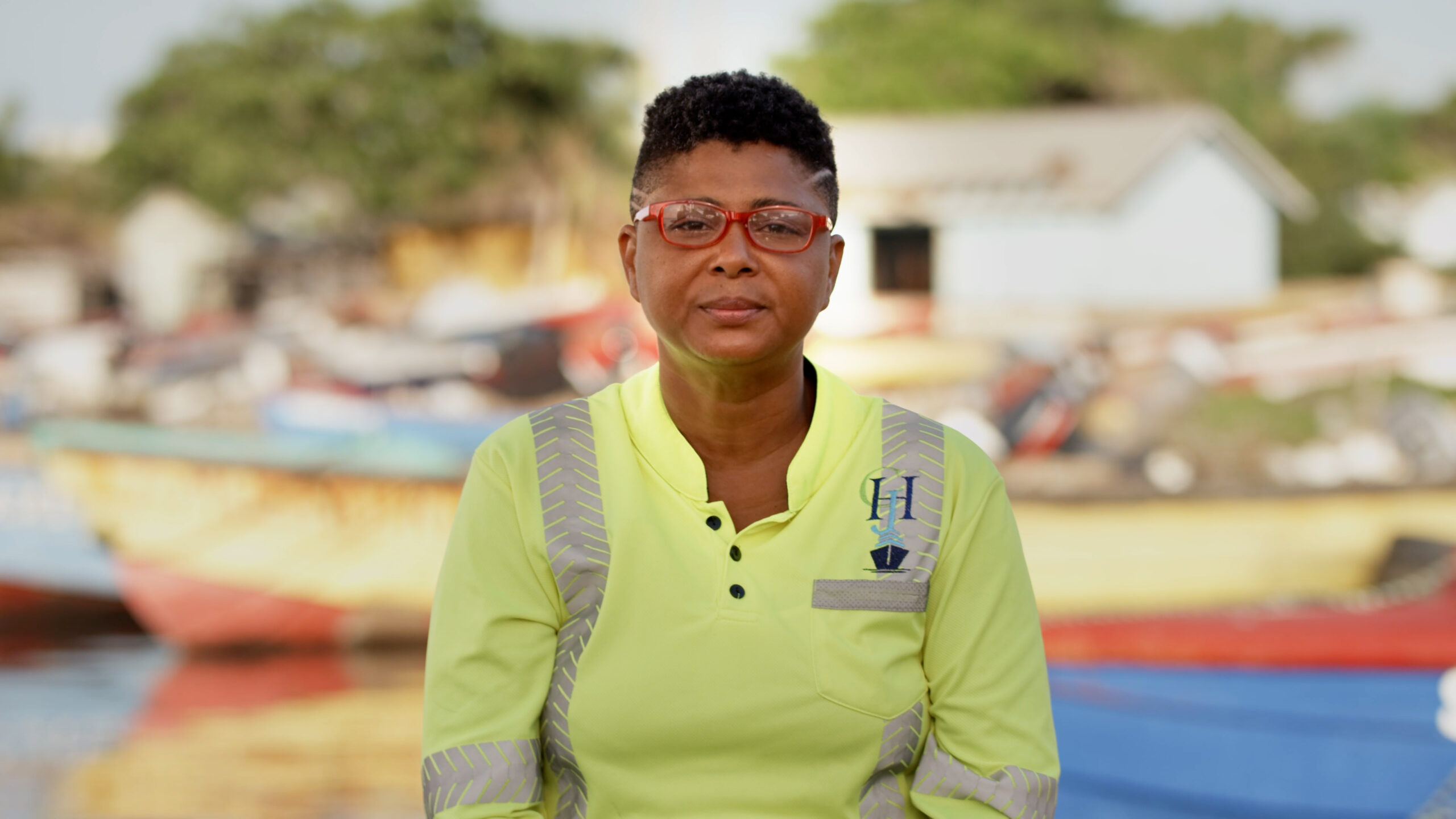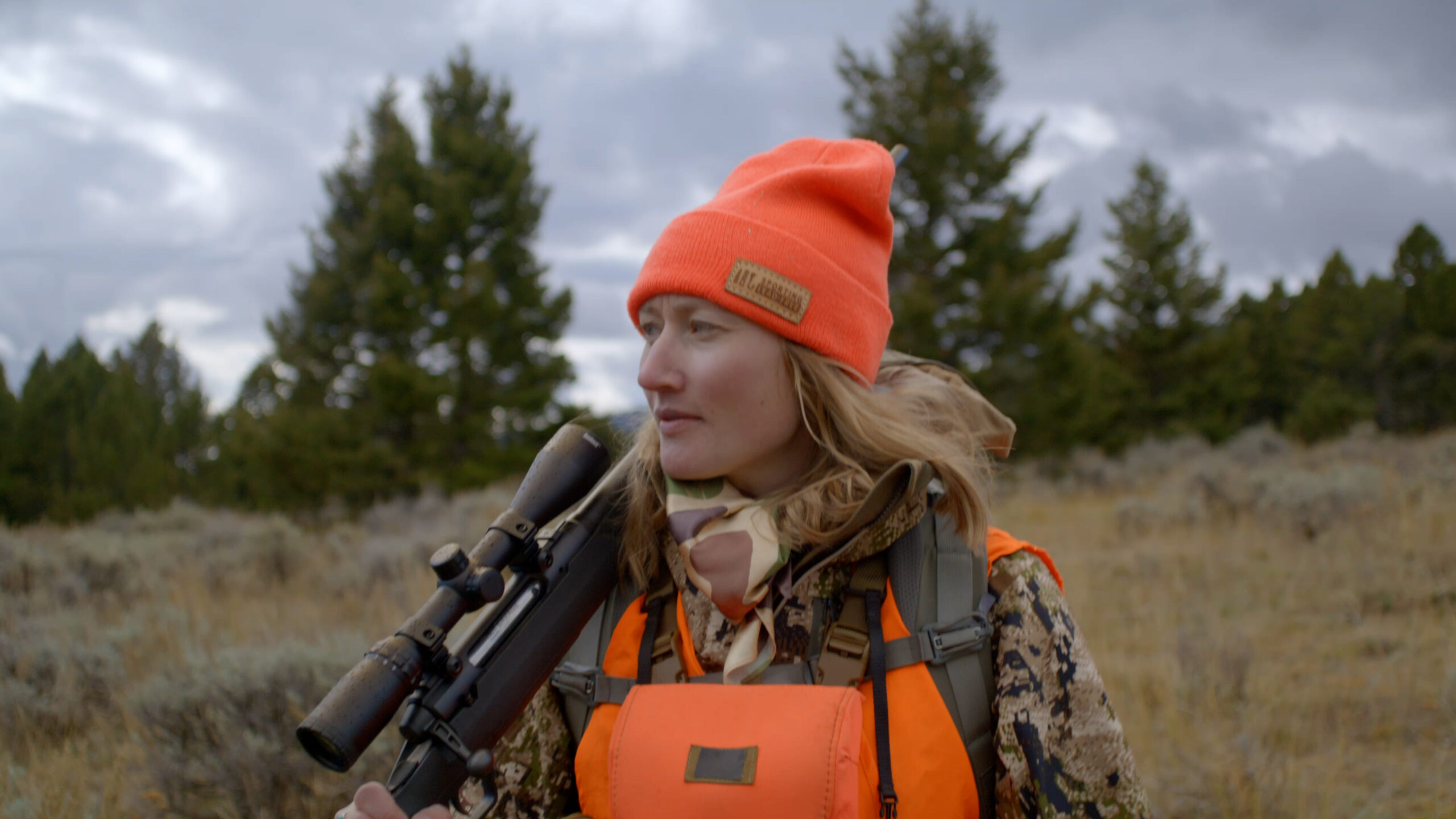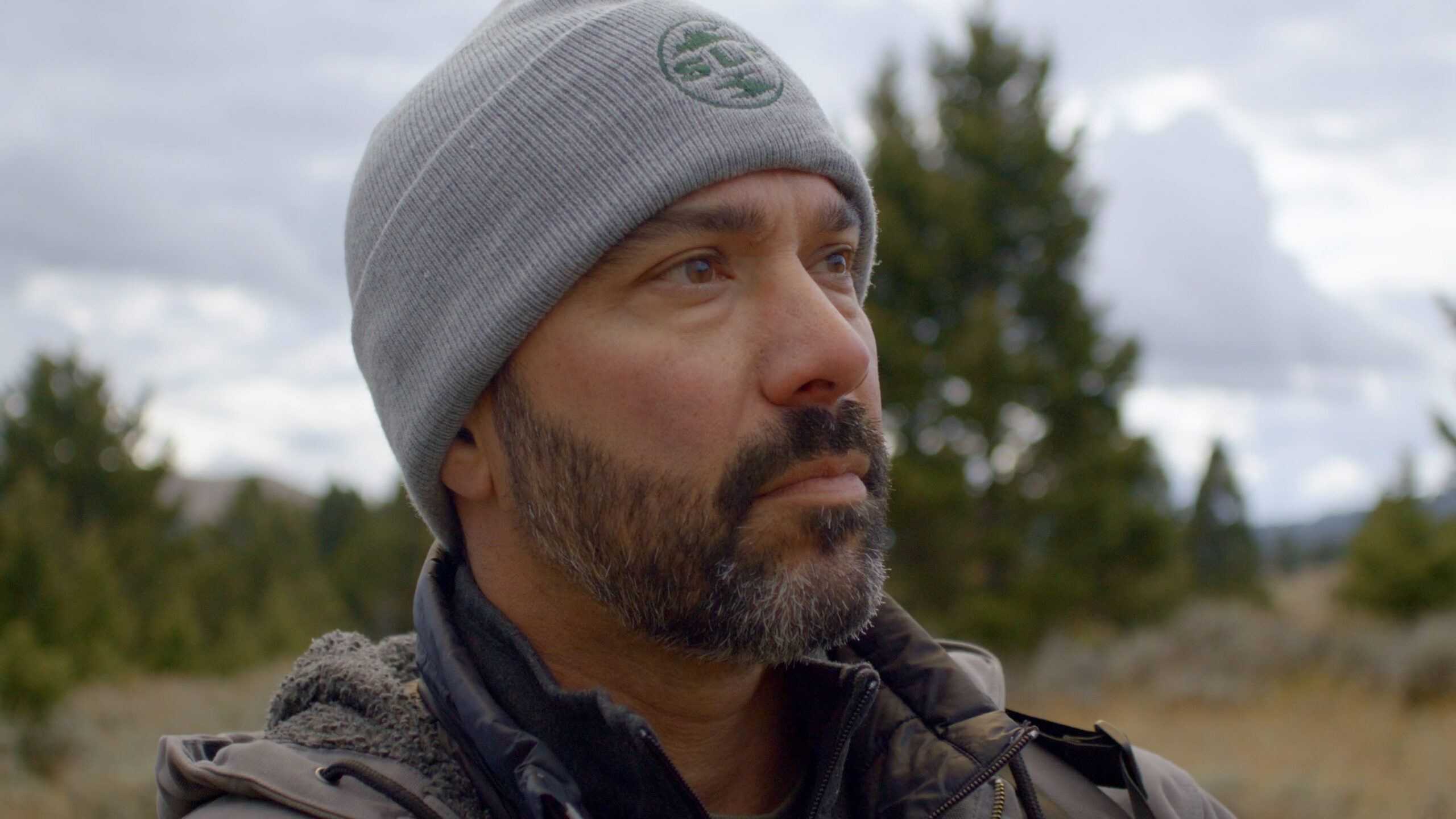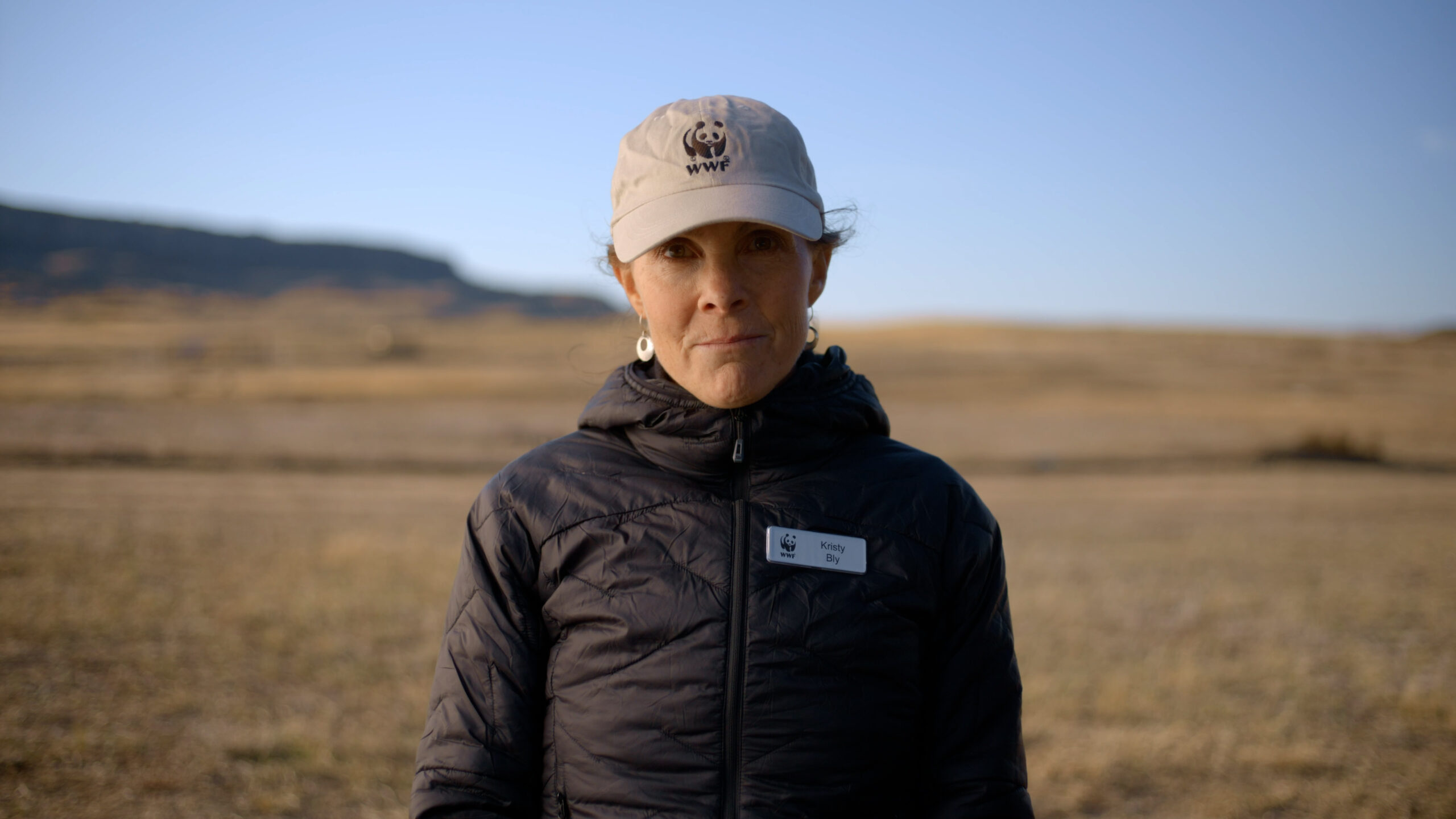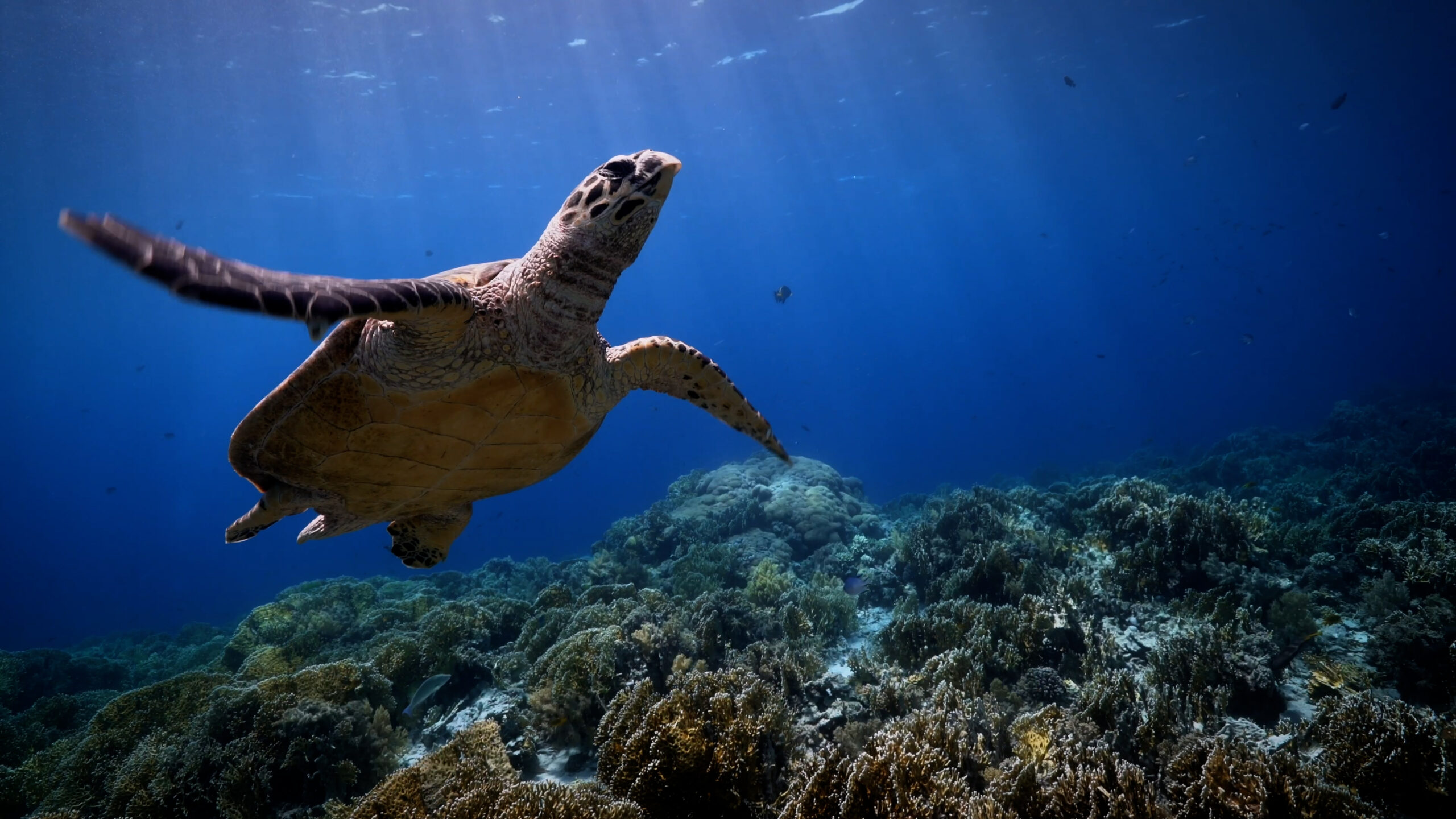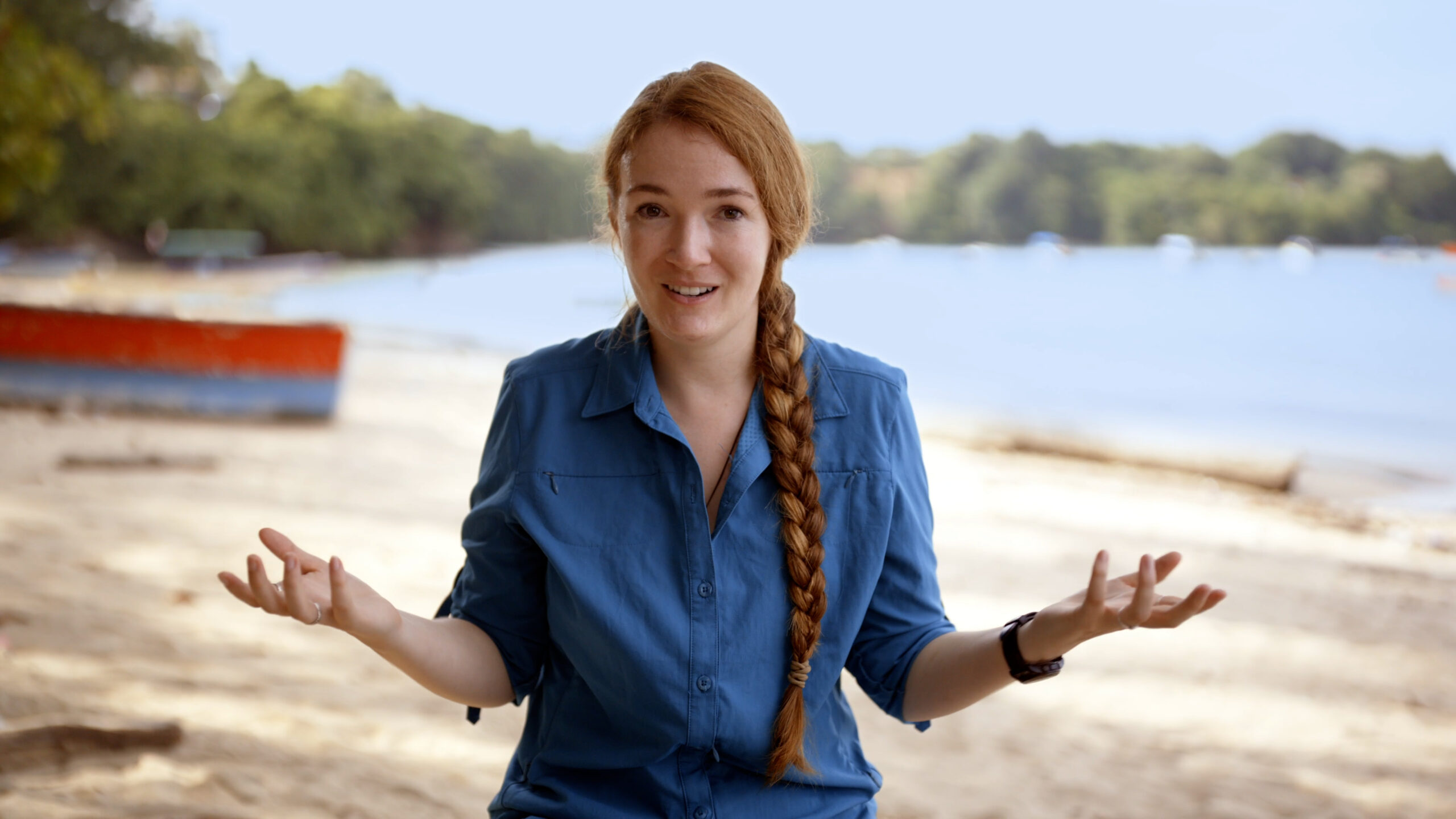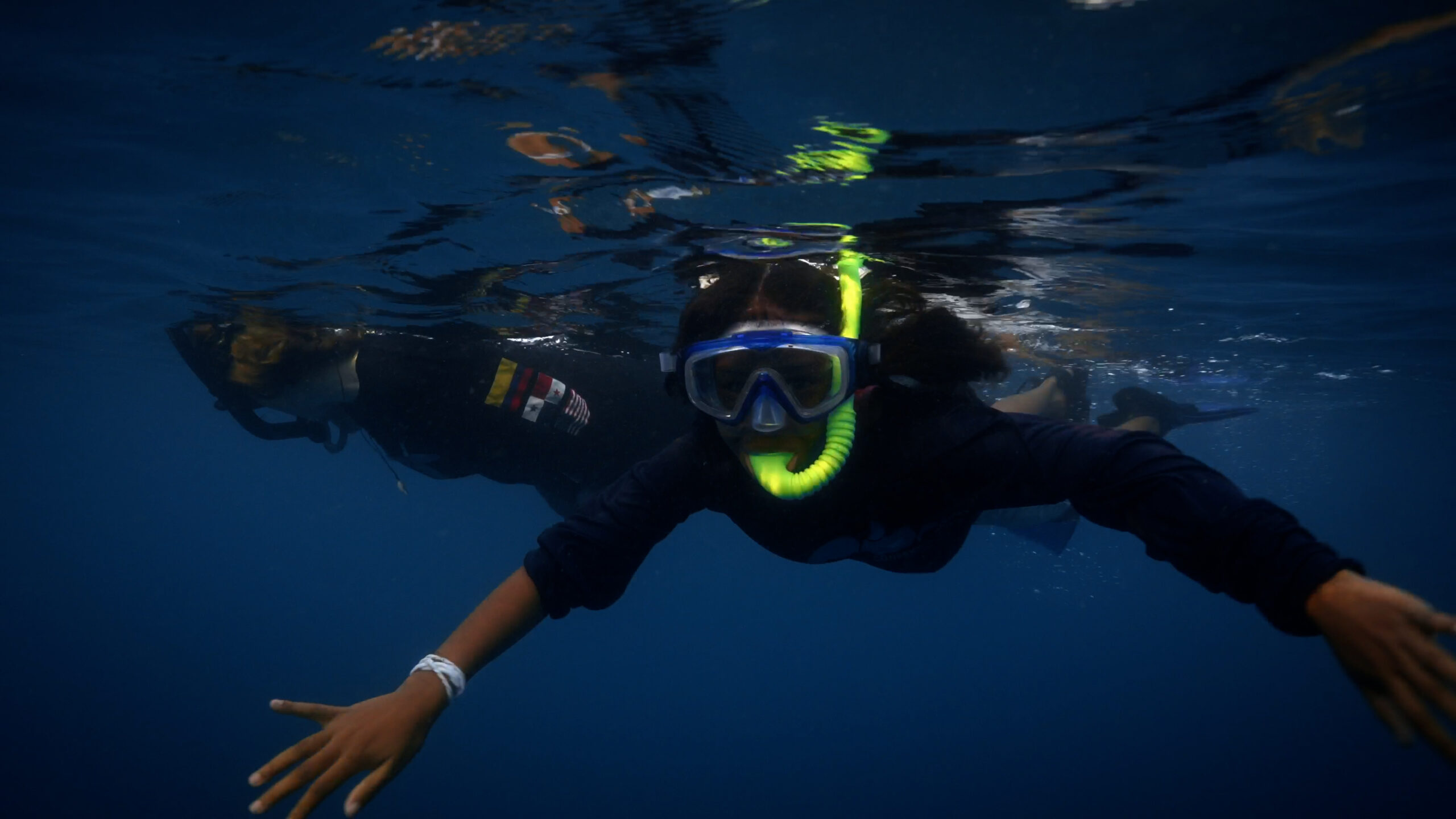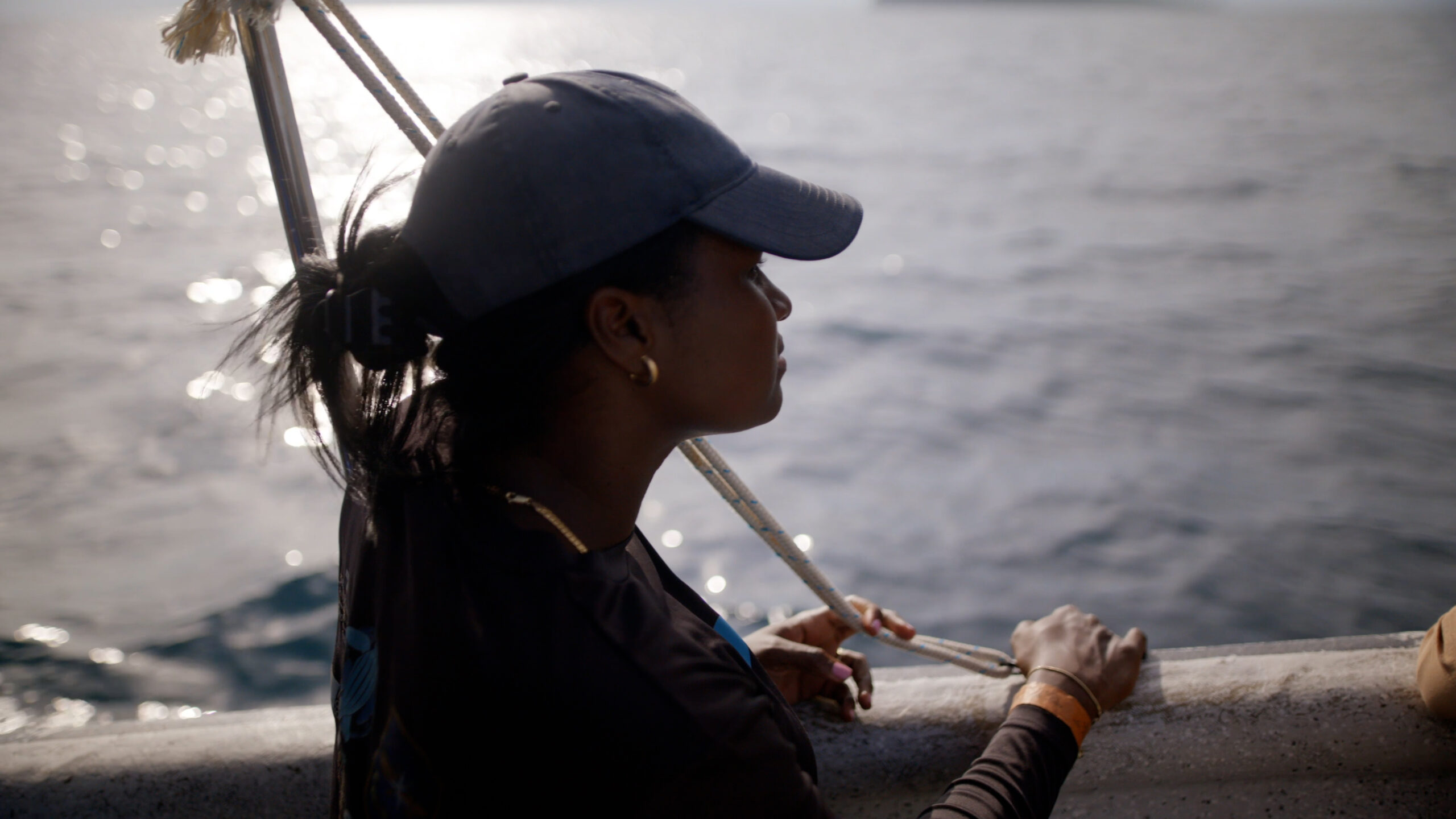Archives: Profiles
-
Boyan Slat
Boyan Slat is the founder and CEO of The Ocean Cleanup, a non-profit organization developing and scaling technologies to rid the world's oceans of plastic.
-
Alecia Beaufort
Alecia has held many career positions, from software trainer to office administrator; however, outside of work she is heavily involved in volunteer associations focusing on education. Most recently, Alecia’s Clean Harbours Jamaica team has, in partnership with The Ocean Cleanup, removed over 1 million kg of garbage from the barriers and by extension from the…
-
Hannah Leonard
Hannah was born and raised under the Big Sky in Montana and has enjoyed outdoor pursuits her whole life. With a bachelor’s in marketing and a master’s in resource conservation, she has a unique perspective on outreach efforts for the benefit of conservation.
-
Bryan Bedrosian
For over 15 years, Bryan has been a leading scientist documenting the link between lead-based ammunition and ingestion in wildlife. He co-founded and is Director of Sporting Lead-Free to promote an unbiased, non-political message within our community about the benefits of using lead-free sporting options to preserve both our hunting heritage and amazing Wyoming wildlife.
-
Kristy Bly
With over 25 years of experience in the wildlife field, Kristy Bly’s expertise is on the conservation and restoration of black-footed ferrets, black-tailed prairie dogs, and swift fox in the North American Great Plains.
-
Fishing Gear Entanglement
Fishing gear entanglement happens when fishing gear like nets and longlines gets caught around the limbs or body of an animal, causing serious injury or death.
-
Umbrella Species
When an umbrella species is protected, many other plants and animals also benefit.
-
Callie Veelenturf
Callie Veelenturf is a marine conservation biologist specializing in sea turtles, the founder of The Leatherback Project, and a National Geographic Explorer.
-
Ecotourism
Ecotourism is travel that centers sustainability, conservation, and education about local cultures and ecosystems.
-
Aida Magaña Monzzo
Aida Magaña Manzzo is a nautical engineer and community leader for the Saboga Wildlife Refuge. She has been recognized as a Hope Spot Champion for her marine conservation efforts in the Pearl Islands.
